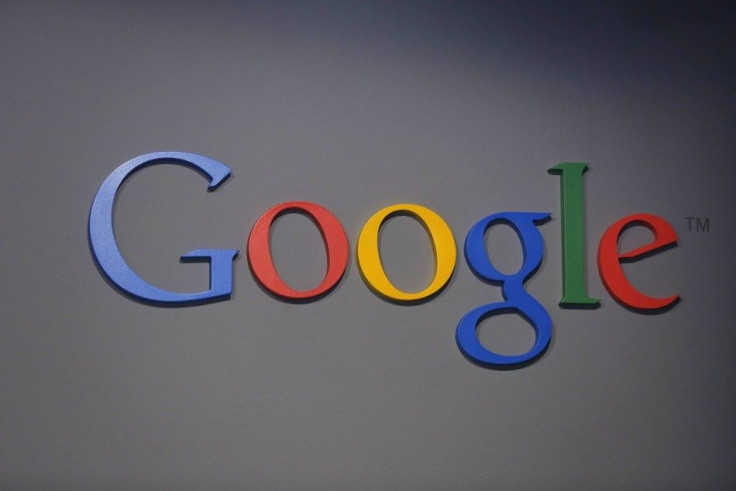Google faces defamation charges in Australia on top of OEM woes

The Australian Court found Google guilty of defamation for offering information on an individual through search results. The case comes on top of a new research emphasising further that the tech giant's security problem lies heavily on OEMs.
Liability takes a crackdown on Google as a new case finds the company responsible for defaming a person. According to the plaintiff, Janice Duffy, search results from Google lead to unfavourable articles on Ripoff Report website. Google was also found liable to offering unfavourable autocomplete suggestions when the plaintiff's name was used a search term. This verdict is a big blow to the Australian Internet including innovation and information access.
The South Australian Supreme Court justifies its decision to hold a search engine responsible for such a case although reasoning goes against common sense, according to a report from EFF. For instance, the court finds Google guilty because it offered working hyperlinks through the search results instead of bare URLs.
“If a search of Dr Duffy’s name had merely returned the URL of the first Ripoff Report webpage without functioning as a hyperlink and without accompanying text, it could not be said that Google was a publisher of the content of that material,” according to the decision. “To access the first Ripoff Report webpage, the user would need to enter the URL into the address box of the internet browser.”
This may not hold ground in the eyes of many but Australian common law states that even a medium of information like a library can be held liable for "publishing." Google's Australian predicament comes on top of new research results suggesting that the OEMs take a lion's share of Google's security and production problems.
According to the researchers from Finland's Aalto University, evaluating the post-Lollipop era emphasises how “every process must be run inside a confined SEAndroid domain with a proper set of access control rules defined." Further, the researchers argue that even with structure and policy in play, OEMs are still prone to implementation mistakes.
“OEM modifications can render policies less strict, resulting in a wider attack surface for potential vulnerabilities,” stipulated the researchers. OEMs are not fast enough to deliver updates quick enough to complete the process. Further, there are also loopholes in the implementation and compliance to Google's security policy.
Contact the writer at feedback@ibtimes.com.au, or let us know what you think below.





















